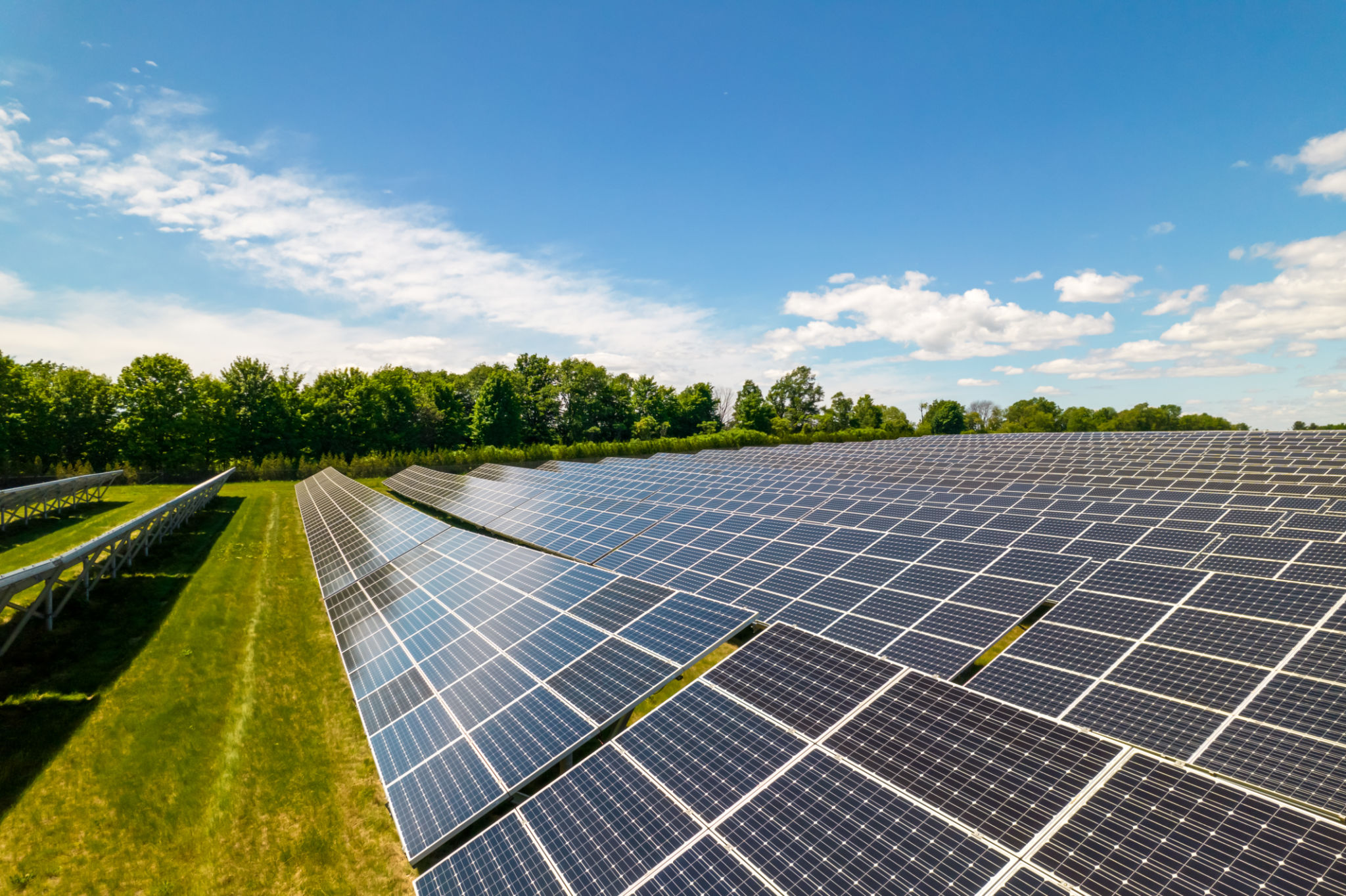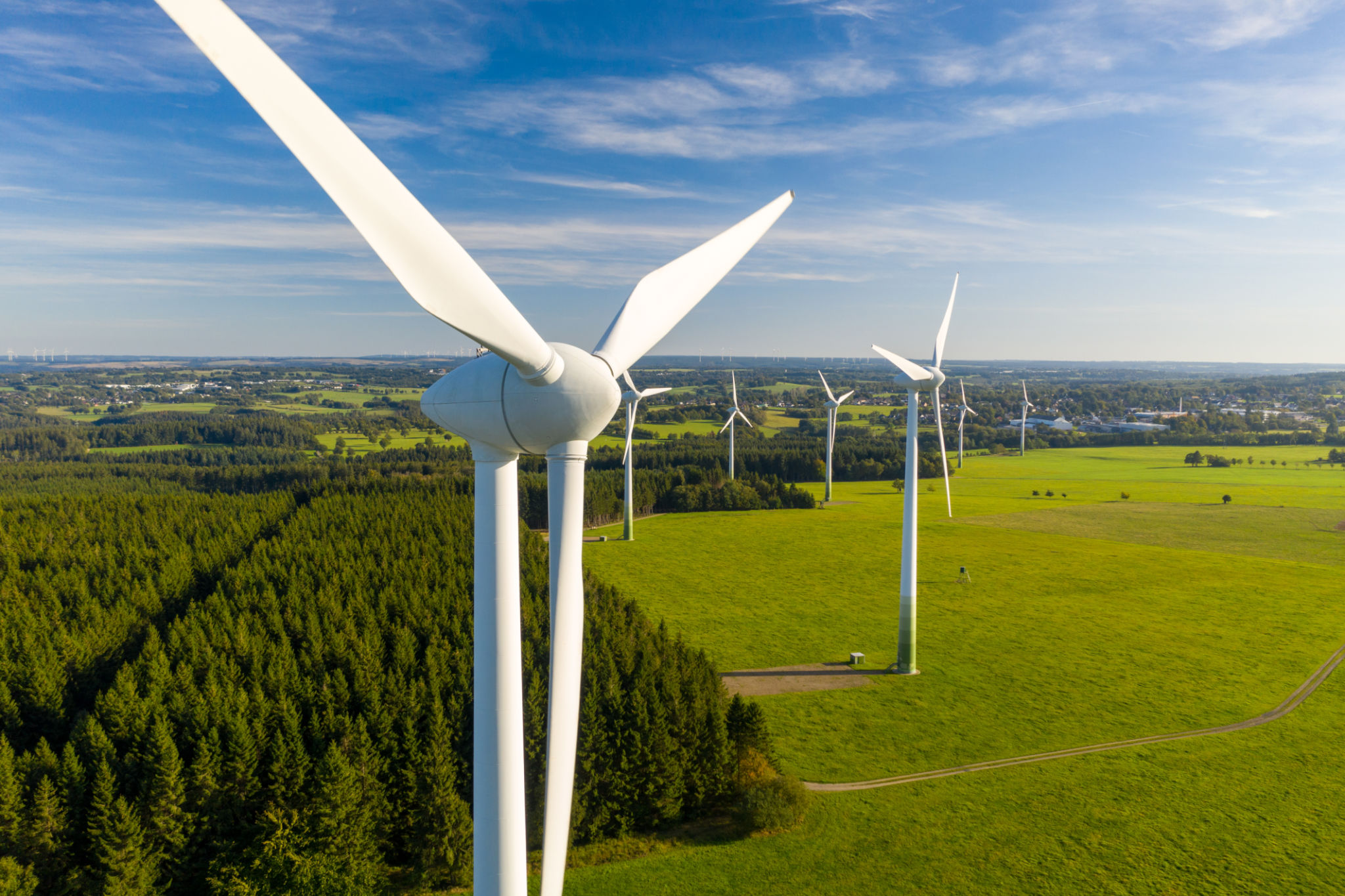Myths About Solar Renewable Energy: What Denver Residents Need to Know
Understanding Solar Renewable Energy Myths
As solar renewable energy becomes increasingly popular, especially in sunny cities like Denver, several myths and misconceptions have surfaced. These myths can often deter residents from making informed decisions about adopting solar energy systems. In this article, we aim to debunk some of these prevalent myths and provide Denver residents with the knowledge they need to embrace solar technology confidently.

Myth 1: Solar Panels Don't Work in Cold or Cloudy Climates
A common misconception is that solar panels are ineffective in cold or cloudy weather. In reality, solar panels are designed to work efficiently in a variety of climates. In fact, they can be more efficient in cooler temperatures. While it’s true that solar panels generate less electricity on cloudy days, they still produce a significant amount of energy. Denver, with its high altitude and sunny days, is actually an ideal location for solar energy systems.
Myth 2: Solar Energy Systems Are Too Expensive
Many people believe that installing a solar energy system is prohibitively expensive. While the initial investment can be substantial, the cost of solar panels has decreased significantly over the past decade. Moreover, there are numerous incentives and financing options available to Denver residents, including federal tax credits and local rebates, which can make solar energy systems more affordable. Over time, savings on electricity bills can offset the initial costs, making it a financially viable option.

Myth 3: Solar Panels Require Constant Maintenance
Another myth is that solar panels demand frequent maintenance to remain functional. In truth, solar panels are relatively low-maintenance. They are designed to withstand harsh weather conditions and generally require minimal upkeep. Occasional cleaning and annual inspections are usually sufficient to keep them operating efficiently. Many solar providers also offer maintenance packages for added peace of mind.
Myth 4: Solar Energy Systems Are Not Environmentally Friendly
Some individuals argue that the production and disposal of solar panels are harmful to the environment. While it's true that manufacturing solar panels involves some emissions, the environmental impact is significantly lower than that of traditional fossil fuels. Additionally, solar panels have a long lifespan of 25-30 years, producing clean energy throughout their usage. Overall, transitioning to solar energy reduces carbon footprints and contributes positively to environmental sustainability.

The Benefits of Embracing Solar Technology
Beyond debunking myths, it's essential to highlight the benefits of adopting solar technology in Denver. Solar energy not only reduces electricity bills but also increases property value. Homes equipped with solar panels are often more attractive to buyers due to the long-term savings on energy costs.
Moreover, by choosing solar energy, Denver residents contribute to local job creation within the renewable energy sector. As the demand for solar installations grows, so does the need for skilled workers, boosting the local economy.
Conclusion: Making an Informed Decision
Understanding and addressing these myths empowers Denver residents to make informed decisions about incorporating solar renewable energy into their lives. By recognizing the efficiency, affordability, and environmental benefits of solar technology, residents can confidently transition towards a more sustainable future.
If you're considering solar energy for your home in Denver, consult with local experts who can provide personalized advice and help you navigate available incentives. Embracing solar power is not just a personal benefit but a step towards a more sustainable community.